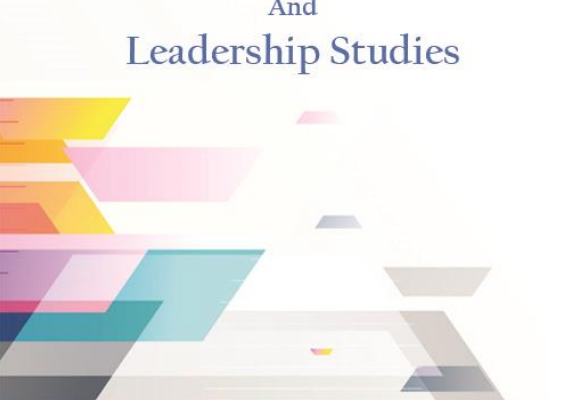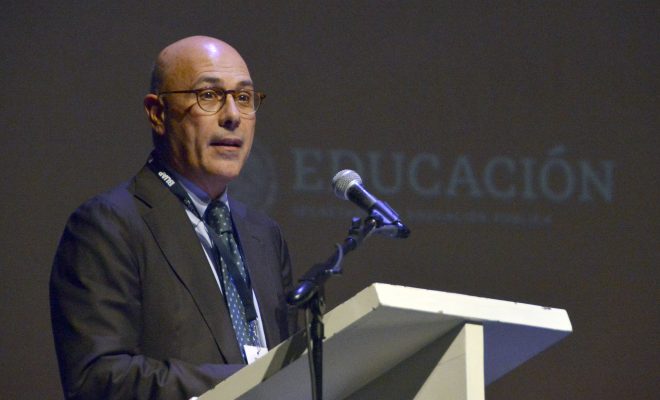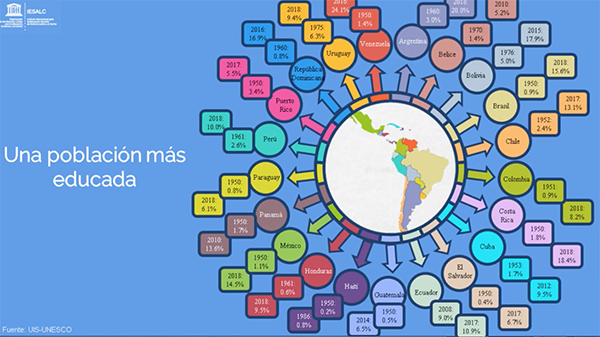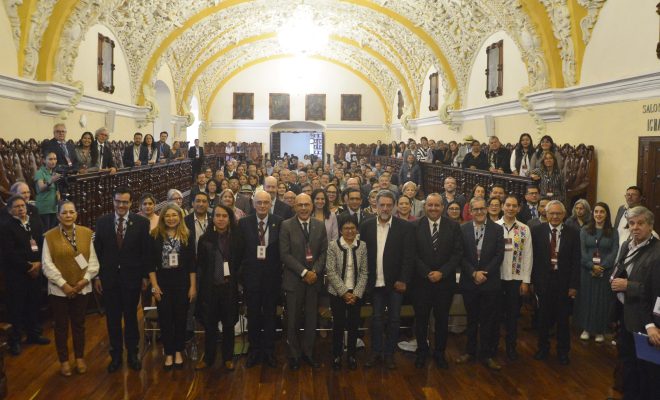New Policy Insight explores the purposes of higher education in national legislations

The HE Policy Observatory reveals that 72% of countries explicitly state the purposes of higher education in their key legislation around this sector (i.e. the constitution, the education law or the higher education law). These purpose statements often seek to provide a stable foundation for the sector, reflecting societal needs, economic goals, and cultural aspirations. By defining higher education purposes, countries ensure that policies remain consistent and institutions operate smoothly, regardless of political shifts.
Key themes reflected in higher education purposes
The new Policy Insight explores three different themes – economic development, culture, and sustainability – and examines whether countries integrate them when stating the purposes of higher education. Two thirds of the countries mention ‘culture’ as higher education purpose half name ‘economic development’ while only 14% refer to ‘sustainability’ . Notable variations exist between world regions, with culture being more commonly emphasized in Latin America and the Caribbean, and Central and Eastern Europe. In contrast, when comparing countries based on their income-level, the insight shows that low-income countries more often mention an economic development purpose. Sustainability, though less commonly cited, is notably emphasized in Latin America and the Caribbean.

Implications for policymakers and researchers
Policymakers in countries that have not yet embedded purpose statements of higher education in their legislation could engage in collaborative efforts with different stakeholders to define them. Engaging stakeholders can be a powerful way to ensure that higher education systems align with current societal needs, fostering stability and continuity. Yet, collaboration should not end at national borders. With the information provided in the HE Policy Observatory, and further research efforts, countries with similar purposes for higher education could partner to advance these goals globally.
Dive into UNESCO IESALC’s Policy Insight 12 to gain a deeper understanding of higher education governance globally and its implications for future policymaking and research:
RELATED ITEMS








